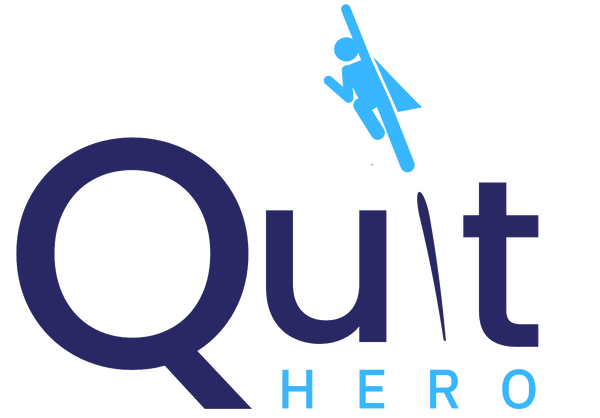
Top 6 Reasons Quitting is Hard and What to Do About Them
Share
Quitting smoking isn’t just a decision—it’s a journey. And like any journey, it comes with roadblocks. In the Wave One survey of the MACC study, people were asked to reflect on what might discourage them from quitting smoking. The responses revealed six major barriers that many smokers face. If you’ve struggled with any of these, you’re definitely not alone. Let’s break them down and explore what can help you move forward.
1. Cost of Quit Aids
Barrier: Many people worry about how much it will cost to quit—whether that’s nicotine replacement therapy (NRT), switching to vaping, medications, or support programs.
Reality Check: While some quit aids come with a price tag, smoking costs a lot more in the long run—financially and health-wise. Plus, there are affordable options out there. In fact, many pharmacies and health services offer subsidized or free quit aids.
Tip: Chat with your pharmacist or GP to see what options are available near you. You might be surprised how accessible support can be.
2. Risk of Gaining Weight
Barrier: Some fear that quitting smoking will lead to weight gain.
Reality Check: It’s true that nicotine can suppress appetite, and quitting may change your metabolism or eating habits. But a small weight gain is a temporary and manageable trade-off for a massive health upgrade.
Tip: Focus on building healthy habits as you quit—like walking, cooking nourishing meals, or joining a support group. The key is progress, not perfection.
3. Loss of a Way to Handle Stress
Barrier: Many use smoking as a coping mechanism during stressful times.
Reality Check: Nicotine gives a temporary sense of relief, but it actually increases anxiety and stress in the long term. Once your body adjusts, most people find they feel less stressed without cigarettes.
Tip: Try deep breathing, short walks, talking to a friend, or journaling when things get overwhelming. There are so many better ways to care for yourself.
4. When Friends and Family Still Smoke
Barrier: When everyone around you smokes, quitting can feel isolating or awkward.
Reality Check: Your social environment does matter. But remember—you’re quitting for you. You might even inspire someone else to try quitting too.
Tip: Let your friends know why you’re quitting. True mates will support you. And if you need a break from certain social settings, that’s okay too. Some people find helpful to switch to a quitting aid that allows them to keep the habits associated with smoking without the harmful chemicals in cigarettes while the gradually wean off nicotine at their own pace.
5. Craving or Withdrawal from Nicotine
Barrier: The fear of withdrawal symptoms or intense cravings keeps many people stuck.
Reality Check: Nicotine withdrawal is real—but it’s temporary. Most physical symptoms ease off after the first few weeks. And there are tools to make it easier.
Tip: Consider NRT or prescription options, and plan ahead for when cravings strike. Distraction, hydration, and deep breathing really do help.
6. It Didn’t Work Last Time… So Why Try Again?
Barrier: Past attempts can make people feel discouraged or like they’ll “never” be able to quit.
Reality Check: Most people try multiple times before they quit for good. Every attempt teaches you something new. What matters is not giving up on yourself.
Tip: Reflect on what worked (and what didn’t) last time. Then build a stronger plan from there. You're not starting over—you’re starting wiser.
Your Quitting Journey, Your Way
Everyone’s quit journey looks different. These barriers are common, but they’re not permanent. With the right support, strategies, and mindset—you can break through them.
At Quit Hero, we believe in small wins, real progress, and human support. No shame. No pressure. Just the tools and encouragement you need to take the next step.
Ready to move past the barriers? Take the first step toward a smoker-free life with Quit Hero. Get Started Today
References:
https://pmc.ncbi.nlm.nih.gov/articles/PMC5725277/
https://www1.racgp.org.au/ajgp/2020/august/smoking-cessation-1
